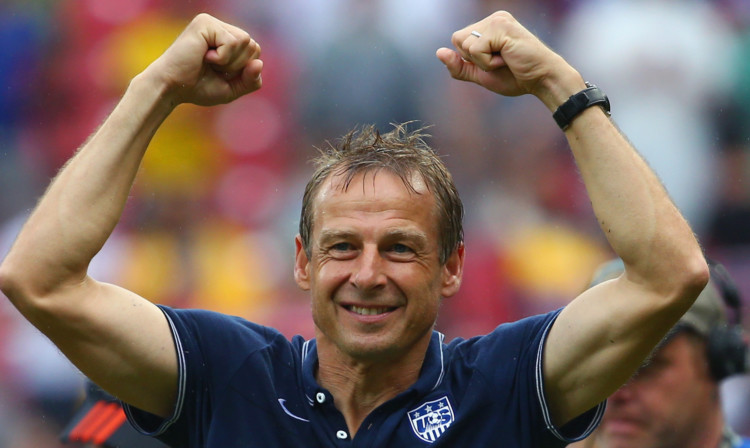
The World Cup in Brazil is threatening to be the best ever. The group stages have delivered brilliant goals, exciting matches and talking points by the bucketload. With the all-important knock-out stages set to begin tomorrow, here are five things that have captured my attention (and not a hint of a bite!).
10 is the magic number
IT’s easy to see why everyone in England was so fixated about Wayne Rooney ahead of the World Cup. He was wearing the No.10 shirt. And in Brazil, the No.10 is King. For England to be successful, Rooney needed to be fit and firing because the No.10 makes the difference. Wasted on the left against Italy, he did manage his first goal in three World Cups against Uruguay, but it wasn’t enough. Compare that to other No10s in Brazil Lionel Messi, Neymar, James Rodriguez, Karim Benzema. They’ve netted 14 goals in 12 games, and set up a number of others. Their teams have delivered 10 wins out of 12, and no losses. You can argue that those four have been the stars of the opening fortnight, proving that 10 really is the magic number.
Will home advantage spark Russia into life?
FOR the third World Cup in a row and the sixth time in the last seven major tournaments, Russia were eliminated at the group stages. For a country with such vast resources and a decent pool of talent, it is a depressing statistic. That they failed to get out of a section containing Belgium, Algeria and South Korea makes it even worse. Their slow and ponderous play belied a poor attitude that resurfaces time and again in tournament football. They will stage the World Cup in four years’ time and can start planning now to make a serious impression but will it make any difference in June 2018?
Roy’s out on a limb
The FA took the opportunity upon hearing of news of England’s elimination in Brazil to announce that Roy Hodgson was the man to lead them to Euro 2016. When Italy were knocked out by Uruguay, coach Cesare Prandelli resigned on the spot. That was despite signing a new contract just a month before the finals. Prandelli knew the price of World Cup failure. Sabri Lamouchi of the Ivory Coast, Japan’s Alberto Zaccheroni and even Luis Fernando Suarez of hapless Honduras announced their departures after group stage failure. Hodgson will be on a hiding to nothing, with the FA seemingly placing more importance on a 24-team Euros than the greatest show on earth.
Three out of three doesn’t guarantee gold
One of the truisms of tournament football is not how you arrive but how you leave. It’s a lesson that the four countries who won all their group games should bear in mind now the important business can begin. Only Brazil in 2002 has won the World Cup in recent tournaments after a 100% success rate in the groups. One bad day, a poor refereeing decision, a penalty shoot-out can derail a team’s hopes. Colombia, who scored the most goals in the groups (nine), begin on the same footing as Greece, who netted the least (two) and only qualified with Georgios Samaras’ injury-time penalty in the last game.
Born in the USA
They may annoyingly refer to it as ‘soccer’, but the world’s most popular game may finally be taking root in the USA. The American team is pretty much the same as it’s always been physically tough, super fit, committed, but throw in a charismatic coach and superstar ex-player like Jurgen Klinsmann and people are desperate to support them. There has been a large travelling support with them in Brazil, but more importantly fans have watched on TV in huge numbers back home. 25 million watched the game against Portugal more than for any of the NBA’S Championship games. Supporters have gathered in special fan parks around the country, just like the rest of the world, and have shared moments of joy and despair together. Could it be that football is conquering its final frontier?

Enjoy the convenience of having The Sunday Post delivered as a digital ePaper straight to your smartphone, tablet or computer.
Subscribe for only £5.49 a month and enjoy all the benefits of the printed paper as a digital replica.
Subscribe